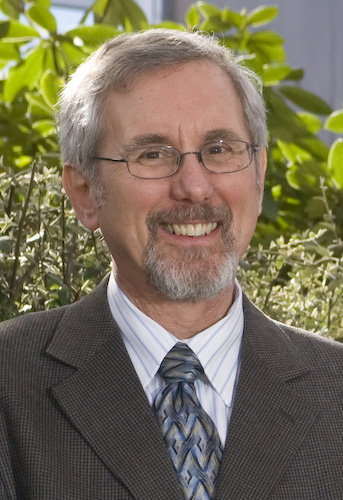
Jan M. Friedman
Jan M. Friedman, Professor of Medical Genetics, is the recipient of the American Society of Human Genetics (ASHG) Arno Motulsky-Barton Childs Award for Excellence in Human Genetics Education.
This award recognizes an individual for contributions of exceptional quality and importance to human genetics education internationally. Awardees have had long-standing involvement in genetics education, producing diverse contributions of substantive influence on individuals and/or organizations. Dr. Friedman will receive his award, which includes a plaque and $10,000 prize, on Thursday, October 18, during the 68th Annual Meeting in San Diego, California.
Dr. Friedman has worked with several organizations that focus on the betterment of the science community. He was the founding president of the Association of Professors of Human or Medical Genetics (APHMG), incorporated in 1995. In 1998, the group successfully led an effort to increase the presence of genetics education in medical schools by specifically outlining the necessary clinical genetics objectives for medical students. They ensured these were represented in clinical genetics licensing exams and developed reference materials for students taking this portion of the exam.
“Dr. Friedman’s involvement in founding APHMG was pivotal in making genetics a relevant, integrated part of the education of future medical practitioners,” said David L. Nelson, PhD, President of ASHG. “This award recognizes his efforts to establish a baseline knowledge of genetics among those entering the field.”
He and Janine Polifka, PhD, developed and wrote TERIS (TERatogen Information System), an electronic knowledge base and widely used education tool containing information on the teratogenicity of more than 1,000 agents. For 13 years, including three years as Chair, Dr. Friedman also served on the Royal College Medical Genetics Examination Committee, overseeing the specialty certification of an entire generation of geneticists. He helped to launch the BC Clinical Genomics Network, a five-year program providing education webinars and in-person programs targeted for family physicians.
Dr. Friedman’s research focuses on clinical applications of genomic technology, birth defects epidemiology and clinical teratology, and clinical studies of neurofibromatosis. He has authored more than 300 papers and trained numerous graduate students, medical students, residents, and fellows.
An ASHG member since 1981, Dr. Friedman has served on the Society’s Board of Directors as treasurer (2000-05), Information & Education Committee as a member (1985-94) and chair (1992-94), and Awards Committee (1995-98, 2007-12).